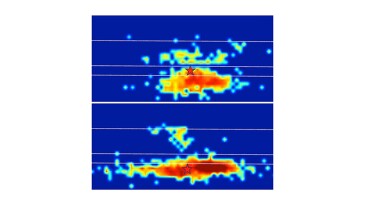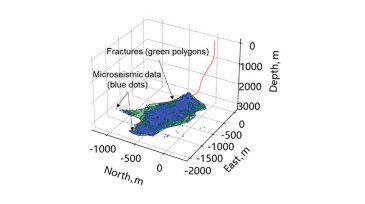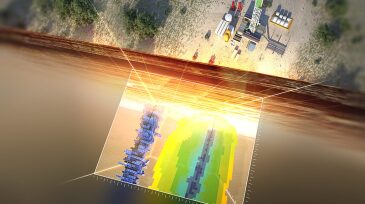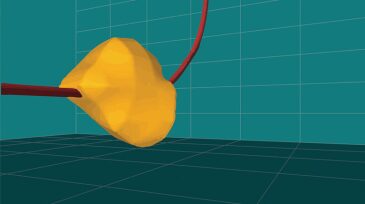microseismic
-
In this work, microseismic observations are integrated with strain and other observations to investigate the microseismic response in relation to the underlying hydraulic fracture geometry for different rock types.
-
In this paper, an energy-based 3D fracture-reconstruction method is proposed to derive the complex fracture network from microseismic data in a shale gas reservoir.
-
A growing volume of free data and reports from US shale fracturing test sites is available, with more on the way.
-
Artificial intelligence is opening new ways to analyze data from microseismic events that occur during hydraulic fracturing. One researcher at Moscow’s Skolkovo Institute of Science and Technology is building a convolutional neural network to get a subsurface view of permeability after fracturing.
-
SponsoredA Midland Basin case study on estimating production, drainage volume, and interference from multiple stacked wells.
-
This study compares the performance of openhole-packer completion systems with that of cemented-liner completion systems in the northern Montney gas resource play.
-
Openhole multistage (OHMS) systems are more cost-effective than the cemented casing plug-and-perf (CCPP) techniques for increasing production and reducing development costs.
-
Understanding how much rock is being stimulated and propped is critical for unconventional producers. New imaging methods using electromagnetic energy or acoustic microemitters could represent a milestone in understanding what is left behind after fracturing.
-
The integration of microseismic data with 3D seismic attributes, and well log and completions data is used to understand geomechanical rock properties.









